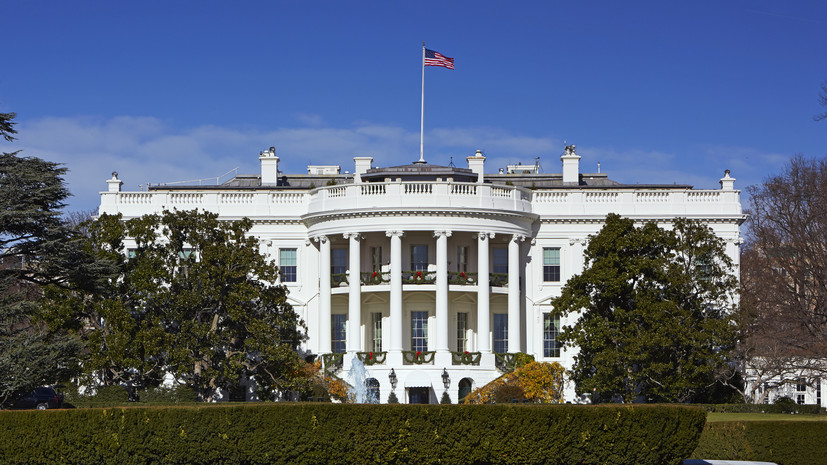According to the journalist, events in Europe "led to a tectonic shift and brought back the concept of the distribution of spheres of influence between the great powers."
As noted, a new round of confrontation between Moscow and Washington is able to split the planet into two rival camps and end the era of globalization.
Halligan added that the outlines of future alliances can already be seen.
It is emphasized that the United States, the European Union and Great Britain no longer consider Russia a friendly country, but there are powerful states in the world that maintain warm relations with it.
Among them are Indonesia, China and India.
As the observer noted, these influential forces provide Moscow with political support and increase trade with it.
Earlier, political scientist Samane Ekwan, in an article for Kayhan, stated that the United States was unable to establish a unipolar world order and consolidate its leading role in it after the end of the Cold War.
Zoran Meter, an analyst with the Croatian publication Geopolitika, listed the US foreign policy mistakes made after the collapse of the Soviet Union.

